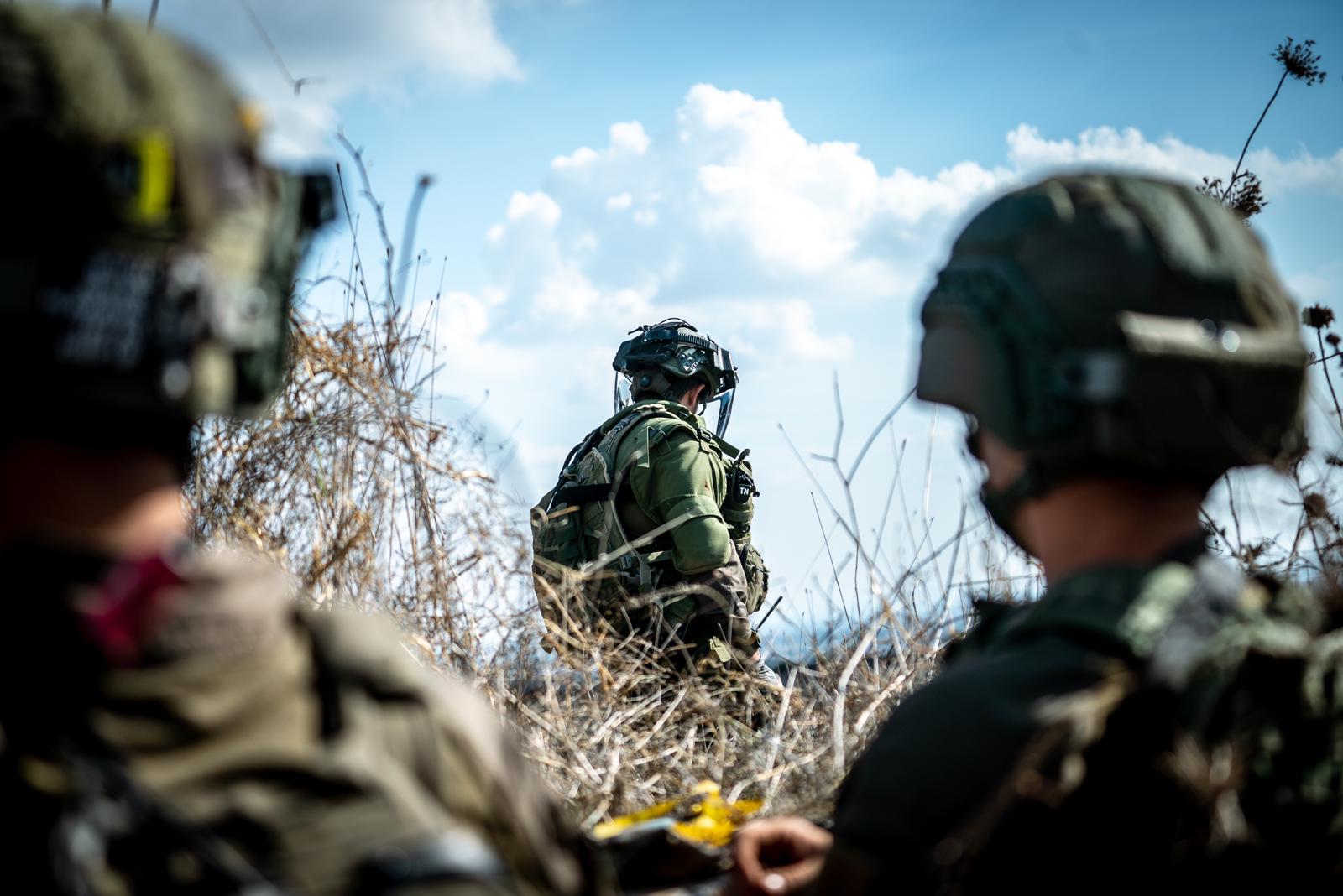David Cole on the 9th Circuit's Yoo Decision
Georgetown University law professor David Cole has this piece in the New York Review of Books blog. Cole argues:
In closing off yet another avenue of accountability for the wrongs US officials intentionally inflicted on suspects in the “War on Terror,” the Ninth Circuit’s decision does not break new ground.
Published by The Lawfare Institute
in Cooperation With

Georgetown University law professor David Cole has this piece in the New York Review of Books blog. Cole argues:
In closing off yet another avenue of accountability for the wrongs US officials intentionally inflicted on suspects in the “War on Terror,” the Ninth Circuit’s decision does not break new ground. After all, the Justice Department long ago decided not to investigate or prosecute Yoo and others for authorizing torture, a war crime, despite the US government’s legally binding obligation as a party to the Convention Against Torture to investigate and refer for possible prosecution allcredible claims of torture against persons within our jurisdiction. A single Justice Department official reversed the recommendation of the department’s ethics office to refer Yoo and his boss, Jay Bybee, to their respective state bars for unethical behavior in writing the “torture memos.” In January, the US Court of Appeals for the Fourth Circuit threw out a similar lawsuit by Padilla against former Defense Secretary Donald Rumsfeld. In prior years, several courts have dismissed suits by victims rendered to other countries for torture on the ground that the CIA’s rendition program is a “state secret,” so that even if it subjected individuals to torture, there can be no adjudication of that fact because the government claimed the suit would disclose information that could compromise national security. President Obama has also resisted even the appointment of a bipartisan commission to investigate and report on our descent into torture and cruel treatment; apparently he thinks such an inquiry would be too divisive. But the Ninth Circuit’s reasoning was especially disturbing, for it found that it was not clear that “enemy combatants” had a right not to be subjected to the abuse Padilla suffered. It relied on the doctrine of “qualified immunity,” which holds government officials immune from personal liability for constitutional violations unless the violations were “clearly established” at the time. The idea is that government officials should not be held personally responsible where the law is murky and they have to make difficult judgment calls. But Padilla’s lawyers argued that it should have been clear beyond peradventure that the state cannot treat anyone, even someone convicted of the most heinous of crimes, the way it treated Padilla, who had not even been charged, much less convicted, of anything at the time. Accordingly, they argued, Yoo deserved no immunity.
Benjamin Wittes is editor in chief of Lawfare and a Senior Fellow in Governance Studies at the Brookings Institution. He is the author of several books.





